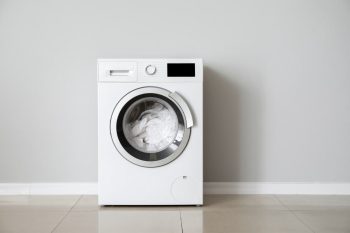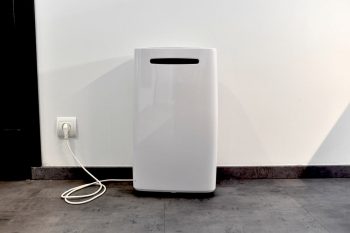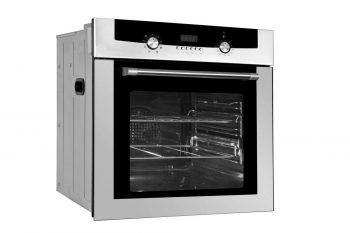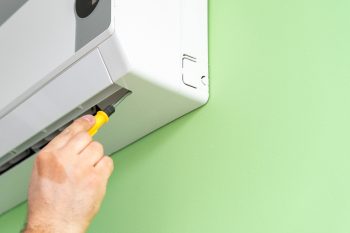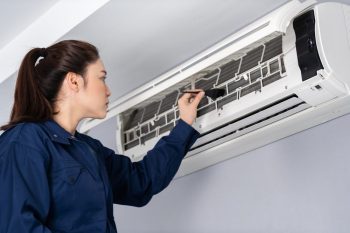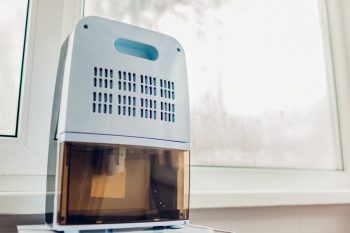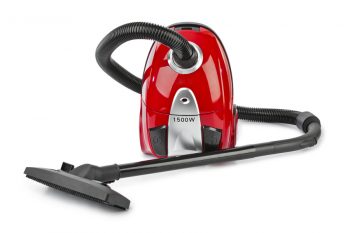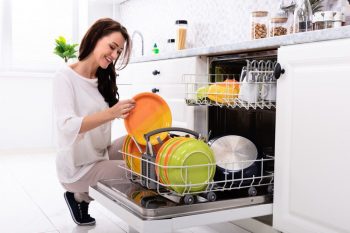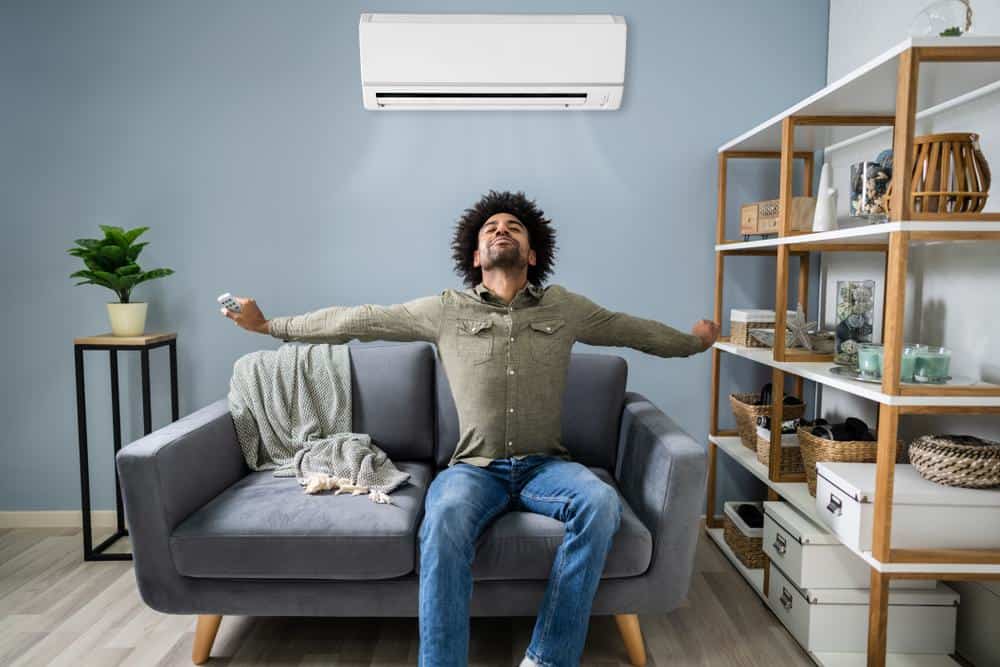
Before we delve into the topic, it’s important to clarify that most standard air conditioners do not require water to function. They work by drawing in warm air from the space, passing it over a cold evaporator coil, and then releasing the cooled air back into the room. However, some portable air conditioners and evaporative coolers (commonly known as swamp coolers) do require water to aid in the cooling process.
To add water to an air conditioner, first ensure your unit requires water for operation. If it does, turn off the power, check the manual for specific instructions, and use distilled or deionized water if you have hard water. Using a funnel, pour the specified amount of water into the fill port of your unit, ensuring not to overfill. Regularly check and maintain your unit for efficient operation. Always consult the owner’s manual or a professional HVAC technician if unsure.
Types of Air Conditioners that Require Water
Portable Air Conditioners and Evaporative Coolers: These units require water to function effectively. They use the process of evaporation to cool the air, and hence, need a constant supply of water.
Water-cooled Air Conditioners: These units are commonly found in medium to large facilities like hospitals, schools, and corporate buildings. They do not need water to be added manually, as they connect to a building’s water source and use hoses to supply and drain water.
Steps to Safely Add Water to an Air Conditioner
Before you start, always ensure to turn off the power to the portable air conditioner. Here are the steps:
- Check the manual: Your air conditioner’s manual will provide specific instructions on how much water your model requires and if there are any special steps to follow.
- Choose the right type of water: If you have hard water, opt for distilled or deionized water to prevent buildup or blockages in the unit’s pipes and components.
- Use a funnel: This will help you pour the water into the fill port of your portable air conditioner.
- Do not overfill the tank: Follow the manufacturer’s instructions on how much water to add to the tank, and never overfill it.
- Check and maintain regularly: Regularly check and maintain your air conditioner to ensure it operates efficiently and safely.
Precautions When Adding Water to an Air Conditioner
- Monitor the unit frequently: Ensure it is working properly and that there are no leaks or other issues. If you notice anything unusual, stop using the unit and contact a professional for repairs.
- Ensure proper ventilation and drainage: Make sure the air conditioner is placed near a window and outlet.
- Keep the drain pump and hose clean: Use a solution of equal parts vinegar and water, and rinse them out with water when you’re done.
Consequences of Adding Too Much Water
Adding too much water to an air conditioner can lead to several issues such as mold and mildew growth, water damage, reduced efficiency, system damage, and potential health risks. Always ensure to follow the manufacturer’s guidelines to prevent such issues.
How Often Should Water Be Added?
The frequency of adding water to an air conditioner depends on the type of air conditioner you have. For portable air conditioners, you may need to drain the unit anywhere from once a day to once a week or more, depending on the humidity levels in your area.
Remember, if you are unsure about your specific unit, consult the owner’s manual or contact a professional HVAC technician for assistance. Regular maintenance and inspection of your air conditioning system can help prevent these issues and ensure optimal performance.
Frequently Asked Questions
Can I use tap water for my portable air conditioner?
Yes, you can use tap water for your portable air conditioner. However, if your tap water is hard (contains a high concentration of minerals), it’s recommended to use distilled or deionized water to prevent buildup or blockages in the unit’s pipes and components.
What happens if I don’t add water to a portable air conditioner that requires it?
If you don’t add water to a portable air conditioner that requires it, the unit may not cool effectively. It may also lead to increased wear and tear of the unit, reducing its lifespan.
How can I tell if my air conditioner is a water-cooled type?
Water-cooled air conditioners are typically large units used in commercial buildings like hospitals, schools, and corporate offices. They connect to a building’s water source and use hoses to supply and drain water. If you’re unsure, check your unit’s manual or consult with a professional HVAC technician.
What should I do if I accidentally overfill my air conditioner with water?
If you accidentally overfill your air conditioner with water, turn off and unplug the unit immediately. Drain the excess water and clean any spills to prevent water damage. If the unit shows any signs of malfunction, contact a professional for repairs.
Can I add water to any type of air conditioner to improve its cooling efficiency?
No, not all types of air conditioners need water to improve their cooling efficiency. Standard air conditioners do not require water to function. Only certain types, such as portable air conditioners and evaporative coolers, use water as part of their cooling process. Always check your unit’s manual or consult with a professional before adding water.

